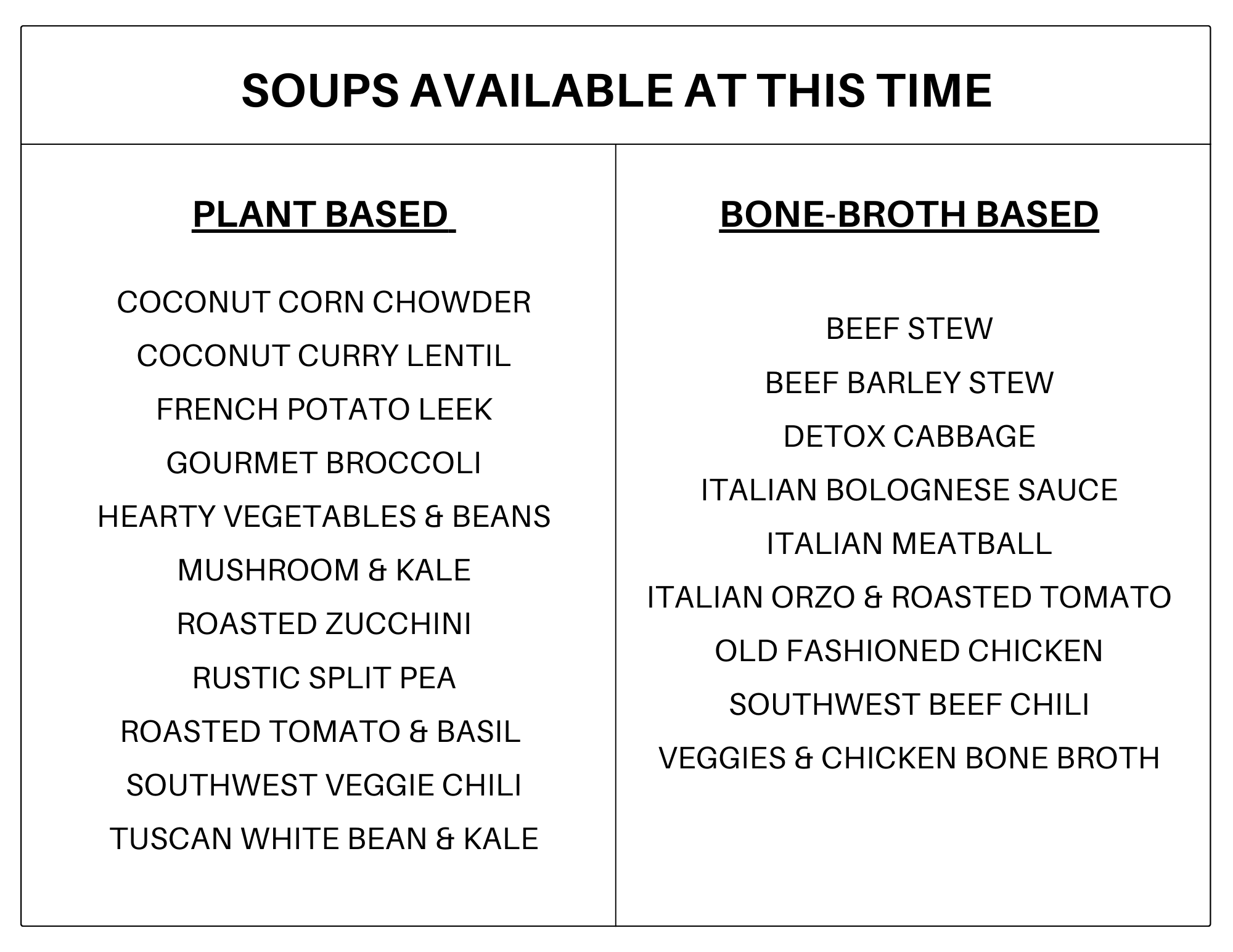Rustic Split Pea

Organic Soup Kitchen’s Rustic Split Pea soup provides a cholesterol-free, high protein, and high fiber meal that features the health-promoting benefits of split peas.
Split peas come from the natural splitting that occurs from drying and removing the skin from fresh yellow and green peas. As a legume, peas are rich in protein, complex carbohydrates, fiber, and micronutrients that make it a healthy addition to your diet. In multiple clinical trials, the consumption of legumes were shown lower people’s low-density lipoprotein cholesterol (LDL-cholesterol) levels. Cholesterol is an essential molecule for human health, but when it reaches high levels, it can cause harm and increase risk for many heart diseases. LDL-cholesterol is commonly labeled “bad cholesterol” because it is responsible for transporting cholesterol to other parts of the body. High-density lipoprotein (HDL-cholesterol) is “good cholesterol” because it takes care of excess cholesterol in the body. When LDL-cholesterol accumulates, it forms plaques in your blood vessels that cause blockage and can potentially lead to coronary artery disease, aneurysms, and stroke. Because legumes are able to lower LDL-cholesterol levels, including peas in your diet can help reduce risk for heart disease.
Split peas are additionally good sources of magnesium, which plays important therapeutic and preventative roles in many conditions, ranging from diabetes to osteoporosis. Magnesium is an essential mineral that allows the body to perform fundamental functions, such as muscle contraction. Additionally, it forms an integral part of bone. Supplementing your diet with magnesium can help to build bone density if you are concerned about osteoporosis. Changes in magnesium metabolism occur naturally with old age; as a result, magnesium deficiencies are common in elderly and can lead to cardiovascular disease, type 2 diabetes, Alzheimer’s, dementia, and bone fragility.
The health benefits of Organic Soup Kitchen’s Rustic Pea soup recipe provides support and prevention of many diseases through their cholesterol-lowering and magnesium-supporting activities.
References
Afshin A, Micha R, Khatibzadeh S, Mozaffarian D. Consumption of nuts and legumes and risk of incident ischemic heart disease, stroke, and diabetes: a systematic review and meta-analysis1234. Am J Clin Nutr. 2014;100(1):278-288. doi:10.3945/ajcn.113.076901Bazzano LA, Thompson AM, Tees MT, Nguyen CH, Winham DM. Non-soy legume consumption lowers cholesterol levels: a meta-analysis of randomized controlled trials. Nutr Metab Cardiovasc Dis NMCD. 2011;21(2):94-103. doi:10.1016/j.numecd.2009.08.012
Huff T, Boyd B, Jialal I. Physiology, Cholesterol. In: StatPearls. StatPearls Publishing; 2023. Accessed August 1, 2023. http://www.ncbi.nlm.nih.gov/books/NBK470561/
Al Alawi AM, Majoni SW, Falhammar H. Magnesium and Human Health: Perspectives and Research Directions. Int J Endocrinol. 2018;2018:9041694. doi:10.1155/2018/9041694
Barbagallo M, Veronese N, Dominguez LJ. Magnesium in Aging, Health and Diseases. Nutrients. 2021;13(2):463. doi:10.3390/nu13020463


